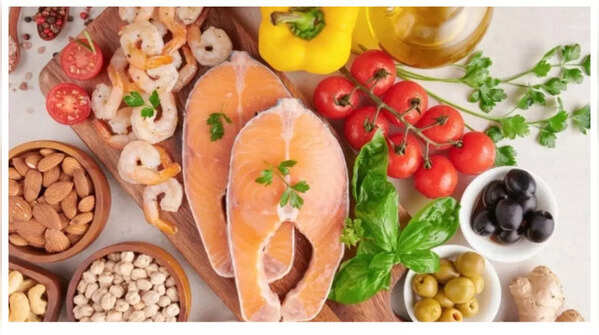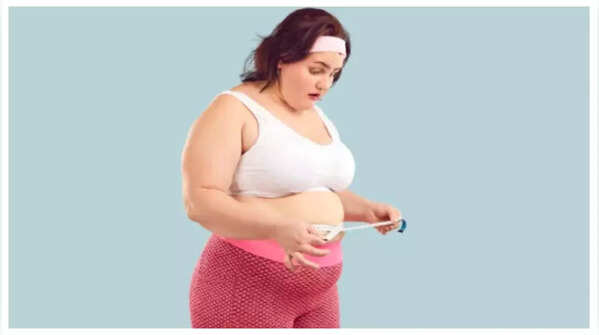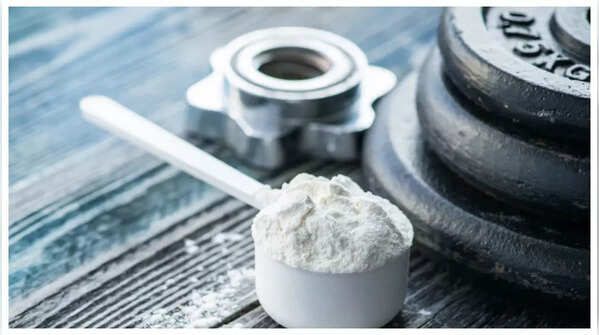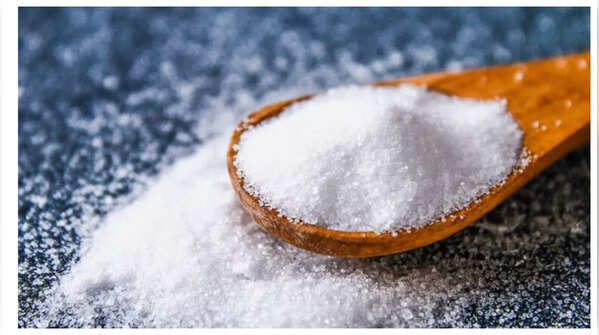Embarking on a weight loss journey demands more than just strict dieting and rigorous workouts. It requires unwavering willpower, dedication, immense patience, and, most importantly, consistency. Success stories reveal a common truth: there are no shortcuts to sustainable and motivating weight loss. Here are seven proven tips gleaned from those who have successfully shed pounds and kept them off.

Consuming more protein is vital for effective weight loss, especially when combined with exercise. Protein keeps you feeling full, reduces hunger pangs, and supports muscle mass while you lose fat. Experts recommend a daily intake of 1.6 to 2.2 grams of protein per kilogram of body weight during weight loss, although individual needs may vary. Excellent sources include lean meats like chicken breast and fish, eggs, low-fat dairy products, lentils, tofu, and beans. Protein powders can also help you meet your daily requirements, particularly after workouts.

To lose weight, you must consume fewer calories than your body burns. The key lies in establishing a moderate calorie deficit that promotes steady and sustainable fat loss. A deficit of approximately 500 calories per day is often effective and practical. Drastic calorie cutting can slow your metabolism and hinder long-term weight loss, even if it leads to initial rapid results. Track your daily calorie intake using apps or food journals and adjust based on your progress.

This principle is consistently emphasized for good reason. Distributing your protein intake evenly throughout the day optimizes muscle repair and prolongs feelings of fullness. Include a protein source in every meal and snack. Options include eggs, yogurt, beans, lean chicken, cottage cheese, and tofu. Snacks like nuts, cheese, or protein shakes are also beneficial. Consistent protein intake supports stable energy levels and reduces cravings, simplifying adherence to your calorie goals.

While exercise is crucial, prioritizing strength training can significantly impact your transformation. Lifting weights or performing bodyweight exercises helps build and maintain muscle mass, which in turn burns more calories, even at rest. Muscle also contributes to a firmer, more defined physique as you lose fat. Aim for at least 2-3 strength training sessions per week, targeting all major muscle groups. Exercises can include squats, push-ups, lunges, and weightlifting. Consult a fitness trainer if you are new to weightlifting.

Adequate hydration is often underestimated but is essential for weight loss. Drinking water helps control hunger and reduce calorie intake by promoting satiety. Aim for at least 8-10 glasses of water daily, increasing your intake if you exercise. Avoid sugary drinks like sodas, fruit juices, and energy drinks, as they provide empty calories and cause blood sugar spikes. If possible, eliminate all forms of sugar, not just desserts, especially initially. This includes most store-bought biscuits, breads, and snacks, which often contain added sugars.

Recording your food intake and exercise routine can significantly improve your chances of success. Many individuals who have achieved substantial weight loss use food diaries or apps to monitor calories, protein, and nutrient intake. Tracking enhances awareness of portion sizes and helps prevent mindless eating. It also enables you to identify patterns, such as emotional eating or late-night snacking, that may impede progress. Avoid excessive concern over minor setbacks, but maintain consistency and track your progress diligently.

Weight loss involves more than just diet and exercise. Insufficient sleep and high stress levels can undermine your efforts by increasing hunger hormones and cravings for unhealthy foods. Aim for 7-9 hours of quality sleep each night to support metabolism and recovery. Manage stress through techniques like meditation, deep breathing, or gentle yoga. When your body is well-rested and calm, it becomes easier to eat healthily and exercise effectively. Many find that improving sleep and stress management significantly enhances their weight loss outcomes.
Disclaimer: These views are not generic and weight loss results vary. The views shared in this article offer no guarantee of specific results and are not a substitute for professional advice.
Newer articles
Older articles
 Vijay Officially Named TVK's Chief Minister Hopeful for Tamil Nadu's 2026 Election
Vijay Officially Named TVK's Chief Minister Hopeful for Tamil Nadu's 2026 Election
 RJ Mahvash Prioritizes Work Over Buzz, Addresses Link-Up Speculation
RJ Mahvash Prioritizes Work Over Buzz, Addresses Link-Up Speculation
 UNESCO's World Heritage Wonders: Unveiling 10 Iconic Sites, From Petra to the Pyramids
UNESCO's World Heritage Wonders: Unveiling 10 Iconic Sites, From Petra to the Pyramids
 JPG to PDF: A Comprehensive Guide for Graphic Designers & Professionals
JPG to PDF: A Comprehensive Guide for Graphic Designers & Professionals
 Shadman Islam Defends Bangladesh Batters After Day 1 Struggles Against Sri Lanka
Shadman Islam Defends Bangladesh Batters After Day 1 Struggles Against Sri Lanka
 iQoo Z9 Turbo: Rumored Specs Emerge – Snapdragon 8s Gen 3, 6000mAh Battery Highlighted
iQoo Z9 Turbo: Rumored Specs Emerge – Snapdragon 8s Gen 3, 6000mAh Battery Highlighted
 England's Bold Claim: Could They Have Chased Down 450 Against India?
England's Bold Claim: Could They Have Chased Down 450 Against India?
 5 Often-Missed Warning Signs of Bladder Cancer You Need to Know
5 Often-Missed Warning Signs of Bladder Cancer You Need to Know
 Tick Bite Paralyzes Fitness Influencer: A Wake-Up Call for Outdoor Enthusiasts
Tick Bite Paralyzes Fitness Influencer: A Wake-Up Call for Outdoor Enthusiasts
 KL Rahul Puts Country First, Prioritizes England Tests Over Newborn Child
KL Rahul Puts Country First, Prioritizes England Tests Over Newborn Child